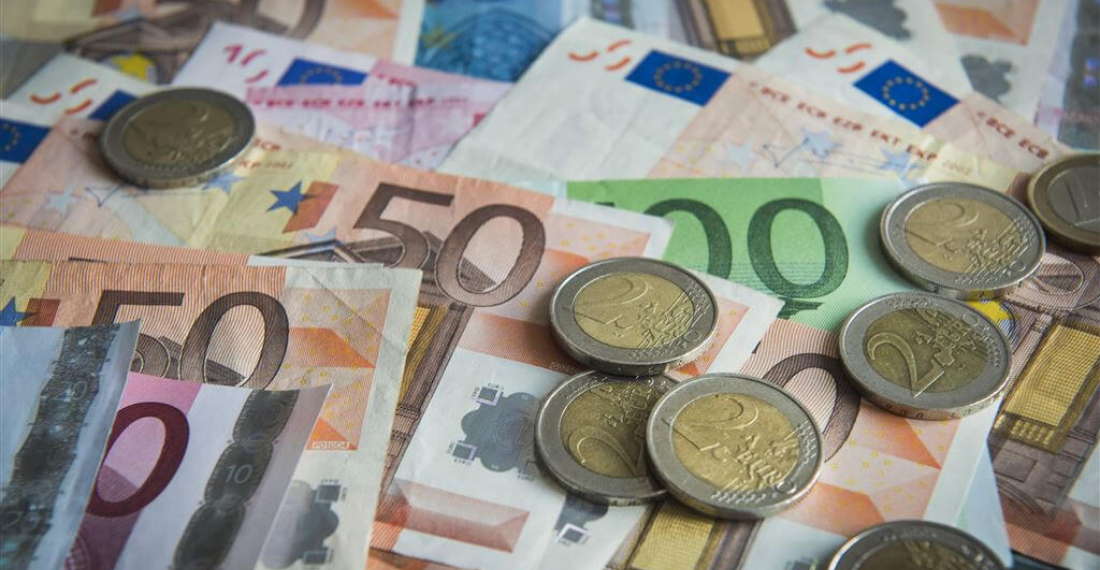European leaders have called for a more substantial role for the euro as an international payment currency in the world to reduce the EU’s dependence on US dollar transactions in strategic sectors.
This statement came at the end of the first video conference on Thursday (25 March) with Eurogroup President Paschal Donohoe and European Central Bank President Christine Lagarde on strengthening the euro's international role against the dollar. The President of the European Council Charles Michel had earlier decided, due to the deteriorating coronas situation in many member states, that meeting will take place by video link and not physically in Brussels.
According to Dutch Prime Minister Mark Rutte, the impact of the European single currency since its introduction on 1 January 2002 "is about the same as it was from the start." Some 20 per cent of transactions worldwide take place in euros and 60 per cent in dollars, Rutte said.
Donohoe said the prerequisites for a more robust international role for the euro are first and foremost a sustained economic recovery from the current COVID-19 pandemic and improved economic resilience.
In view of the further digitalisation of society, the EU must also continue to work on an innovative digital financial sector and more efficient, robust payment systems, the leaders of the 27 EU member states said in their concluding statement. Work on the possible introduction of a digital euro will continue, it was announced.







